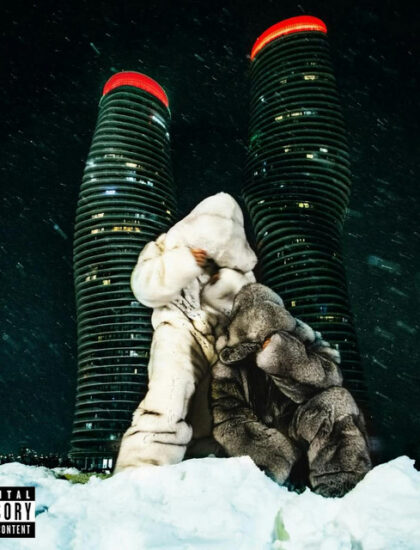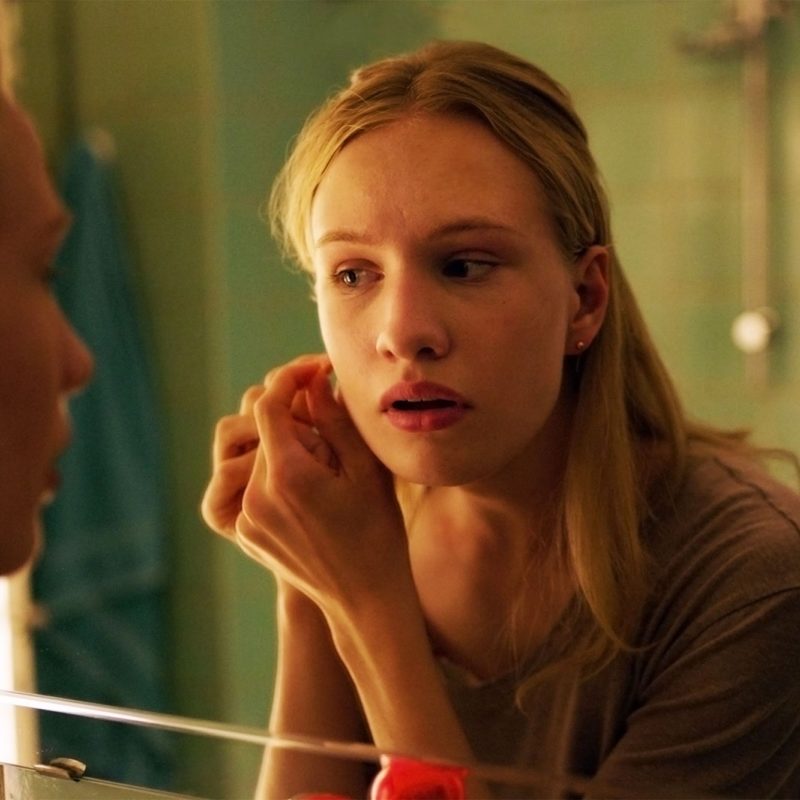It’s 2021, and the queer community‘s portrayal across the media is considerably getting better. That establishment, howbeit, does not mean we will outrightly whitewash history and gloss over all the awful past representation of the rainbow community that came before. It is of the utmost and urgent essence for society to remind ourselves what not to do when writing stories about people who exist along the sexual spectrum.
While this piece would have read better if it was just about celebrating all the movies that have perfectly captured the queer experience in tandem with the #PrideMonth, we felt that red dottings must be illuminated on those that got their LGBTQ representation completely wrong. Indeed, a lot of films feature LGBTQ themes and characters with humane courtesy, but for every “Call Me By Your Name” and “Brokeback Mountain,” there is a movie like “Boat Trip” that needs to be castigated with the deserved contempt.
Movies like “I Now Pronounce You Chuck and Larry” present LGBTQ people as the butt of the joke. “Zoolander 2,” crudely mock the community while “My Best Friend’s Wedding” relegate a queer person to supporting, shallow roles like that of a gay best friend. As well, there are members of the rainbow community, let alone queer directors, that have also got it wrong. For one, “Stonewall” whitewashed the Stonewall Riots by presenting a white twink as the hero instead of the people of colour and trans women who were the real heroes behind the riots.
The following films are nothing but flimsy attempts at queer visibility that ended up doing more damage than if these movies were never made in the first place.
Ace Ventura: Pet Detective (1994)
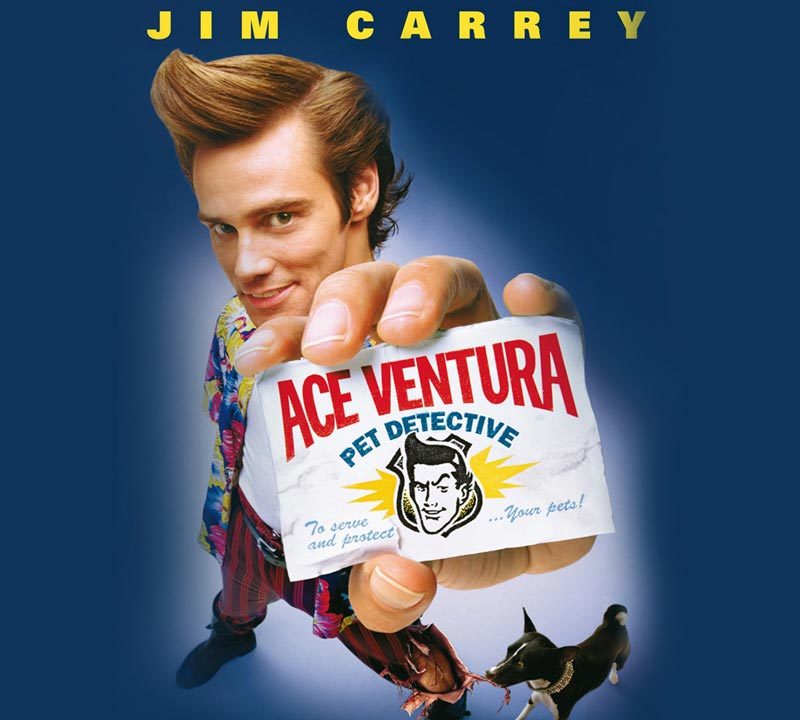
“Ace Ventura: Pet Detective” helped to make Jim Carrey the star he is today, with the film displaying his signature zany comedic style. But the movie has been labelled as transphobic, and for good reason. In the movie, Carrey’s Ventura kisses Lois Einhorn, who later turns out to be Ray Finkle — revealing Lois as a trans woman. After Ventura learns of this revelation, he heads to the bathroom and retches continuously.
This scene is so renowned for its obvious and cringe-worthy transphobia that even Jake Peralta from “Brooklyn Nine-Nine” comments in a 2016 episode:
“Classic film, one of my childhood favourites, and it only gets overtly transphobic at the very end, so, a win.”
Dir: Tom Shadyac, Warner Bros.
Clueless (1995)
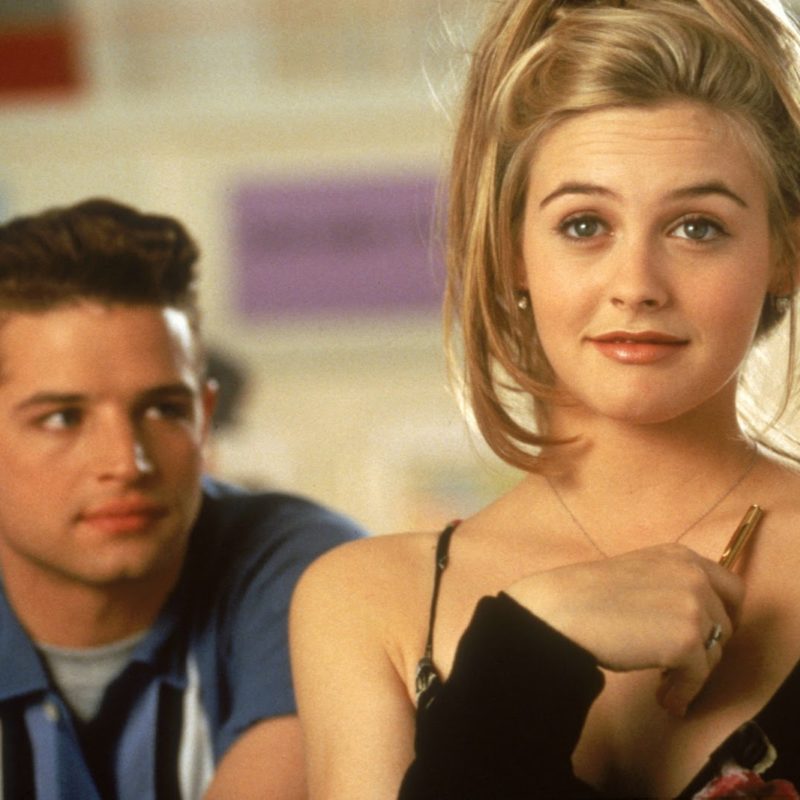
“Clueless” is something of a cult classic nowadays, but there is something to pick at. The character of Christian, who Alicia Silverstone’s Cher initially tries to woo, is packed full of the gayest cliches the writers could come up with. Christian loves shopping, fashion, art, and old movies like “Some Like It Hot,” all of which are deemed obvious homosexual tendencies by Cher’s friends. While the inclusion of a prominent gay character is great, it would have been better had said gay character not been entrenched in and defined by the usual stereotypes about gay men.
Dir: Amy Heckerling, Universal Pictures
My Best Friend’s Wedding (1997)
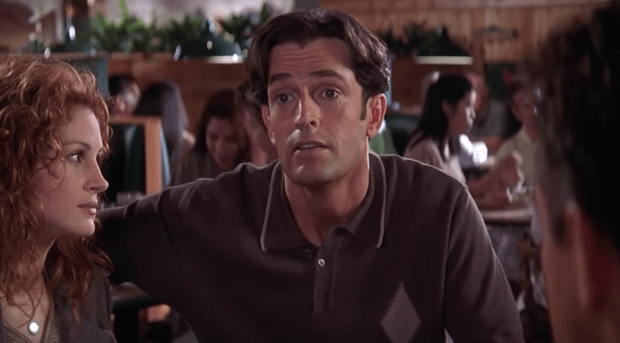
At first glance, there is much to be admired about “My Best Friend’s Wedding”, and Rupert Everett as the gay best friend was a step forward in on-screen representation at the time. However, that on-screen representation should have been better than simply resigning Everett to the “gay best friend” moniker, which is all his character really is. Everett’s George is a sexless, celibate gay man whose single purpose is to serve as Julianne’s (Roberts) source of advice. He has no agency of his own and is written as a plot point for Julianne. It seems like the sort of character who is deemed gay entirely so the movie can call itself diverse without ever actually putting in the effort to explore a said character or give him the depth Everett’s talents deserve.
Dir: P.J. Hogan, TriStar Pictures
Boat Trip (2002)
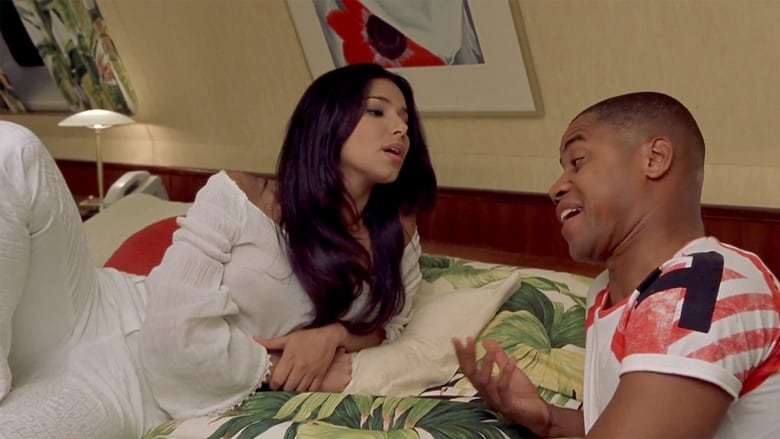
A gross-out romp a la the Farrelly Brothers, with a homophobic twist. In this movie two friends, Jerry (Cuba Gooding Jr.) and Nick (Horatio Sanz), decide to take a cruise in hopes of hooking up with women but end up on a gay cruise after offending two gay travel agents. What follows is a feature film that presents every gay character as hypersexualized clichés, and uses homosexuality as a punchline in every other line of dialogue. It’s the sort of movie that uses straight men’s fear of homosexuality for jokes but uses gay characters as its punch bag rather than straight men’s ridiculous attitudes.
Dir: Mort Nathan, Artisan Entertainment/Nordisk Film/Motion Picture Corporation of America
Gigli (2003)
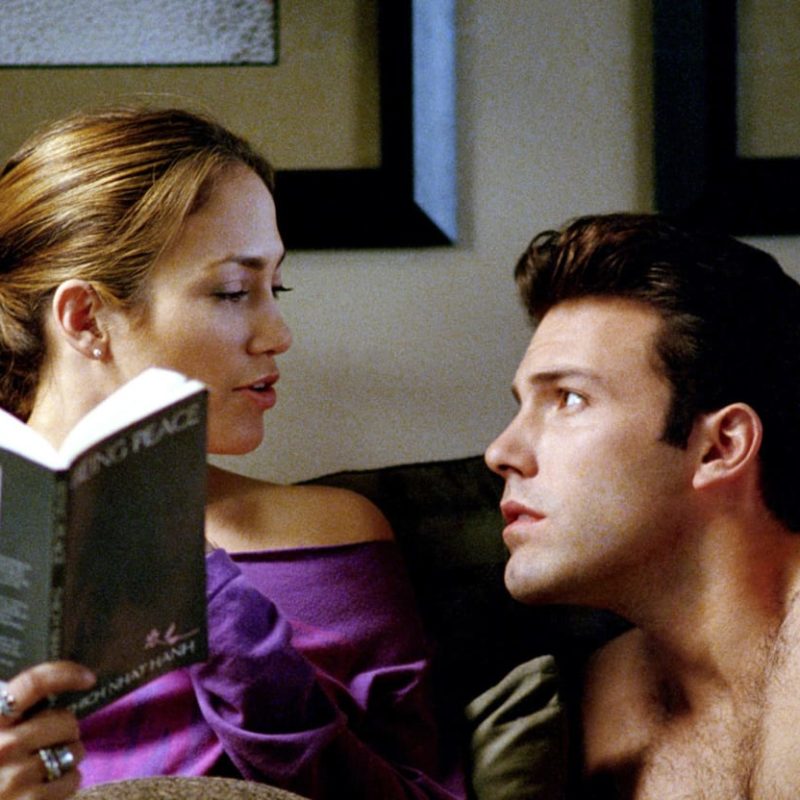
Gigli is guilty of perpetuating a ridiculous trope in the name of comedy: portraying scenes where lesbian characters proclaim their homosexuality proudly, to turn around and fuck men for no other reason than because the script says so. It’s not just the trope itself but the way it’s written, that’s the most egregious. Ricki goes from talking about her girlfriend nonstop to her girlfriend becoming non-existent as she falls head-over-heels in love with Gigli. Sexuality is fluid, and people are free to change their minds about their preferences whenever they like. But what makes this example particularly harmful is directed toward the cis, straight, male gaze. All of this is a fantasy trip for any man that has thoughts about getting a lesbian to change her sexuality because she finally found the “right man.”
Dir: Martin Brest, Sony Pictures Releasing
Another Gay Movie (2006)
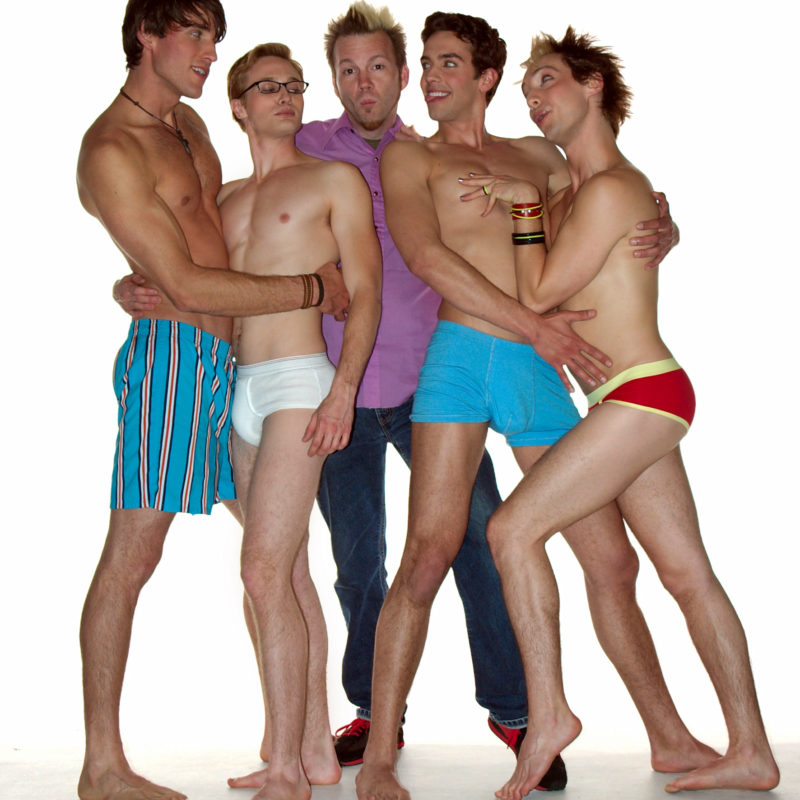
Four gay teenagers run amok in Another Gay Movie. Andy, Nico, Jarod, and Griff have come up short in the dating department, so they make a pact to lose their anal virginity before the summer is over. Now it depends on what you consider comedy because this isn’t it. Another Gay Movie features every film trope in the book in a desperate grab for laughs that never materialize. If you’re brave enough to sit through this nonsense, you’ll get to see a character using a vegetable as a dildo, an aggressive lesbian who seduces all the women she sees and believes in no boundaries whatever, in addition to racist and ableist stereotypes. Showing gays and lesbians as selfish sexual deviants isn’t even funny.
Dir: Todd Stephens, TLA Releasing
Stonewall (2015)
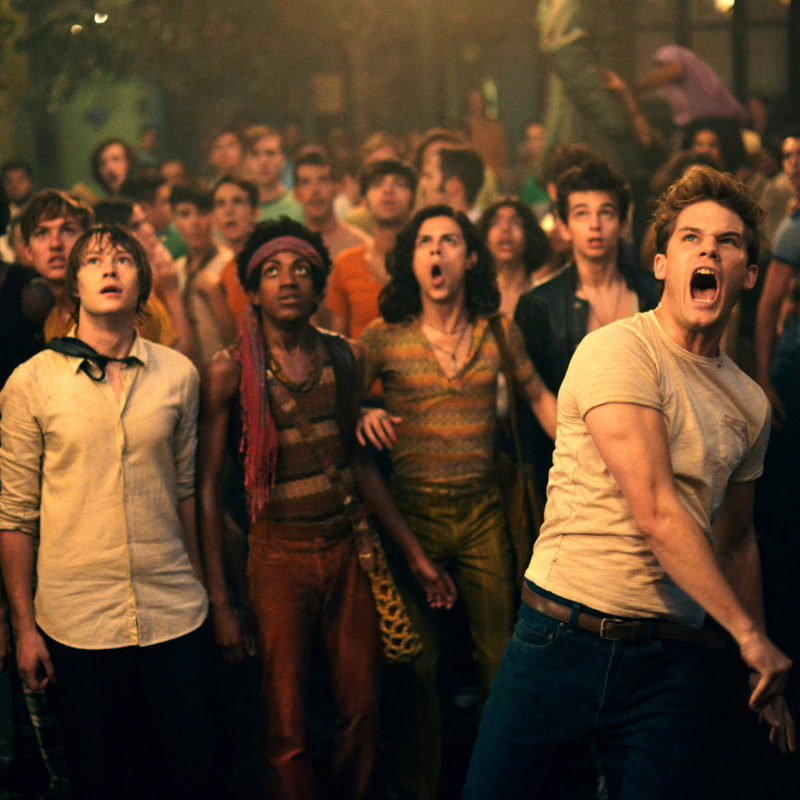
The story of the Stonewall riots belongs to trans women of colour, sex workers, and dissenters, not people like Danny Winters (Jeremy Irvine). Director Roland Emmerich, along with writer Jon Robin Baitz, creates revisionist history with young, white twinks throwing the first brick at cops while people of colour are relegated to the background. LGBTQ visibility is one thing, but representation is another, and it isn’t enough to make a film about Stonewall. There is a responsibility to tell the history of the riots accurately, which Baitz didn’t care to do. You can’t whitewash the Stonewall riots. In addition to the cinematic inaccuracies, the film is poorly written, with the stalest acting ever executed on screen.
Dir: Roland Emmerich. Roadside Attractions
Zoolander 2 (2016)
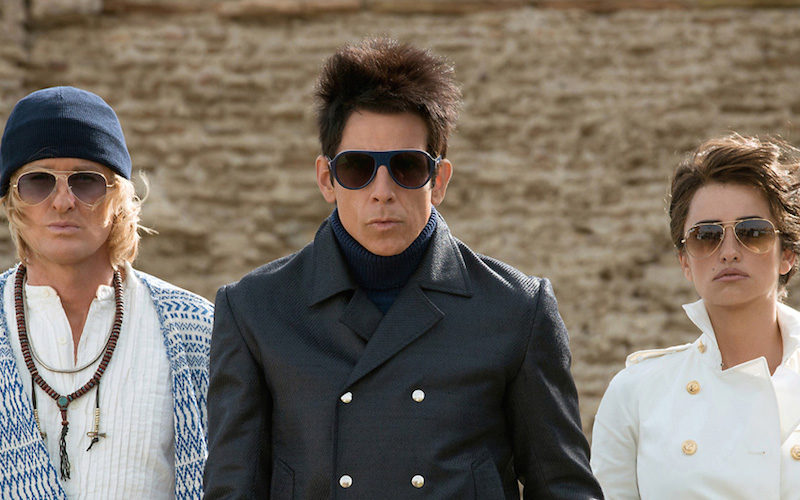
“Zoolander 2” sought to make the most of the increase in people who identified as non-binary, and included a non-binary model in the sequel movie. However, what was a good opportunity to represent a non-binary person in one of the biggest movies of the year was turned into one big gag. The character, crassly named All, was played by Benedict Cumberbatch and used a joke in which the main characters ask All if they “have a hot dog or a bun.” A petition was actually made to boycott this movie, with over 25,000 people signing. The petition read:
“Cumberbatch’s character is clearly portrayed as an over-the-top, cartoonish mockery of androgyne/trans/non-binary individuals. This is the modern equivalent of using blackface to represent a minority.”
Dir: Ben Stiller, Paramount Pictures
Girl (2018)
From casting to content, Lukas Dhont’s Girl has a host of issues. Cis actor Victor Polster (Lara Verhaeghen) is cast to play a trans woman. This adds to a long line of casting misnomers where otherwise cis-men are cast in films to play trans women—Jared Leto in Dallas Buyers Club, Eddie Redmayne in The Danish Girl, and Matt Bomer in Anything are a few examples that come to mind. The character suffers from body dysmorphia and that trauma is on full display to horrify the audience. There are several shocking moments of body horror throughout the film. For pre-op trans women, tucking their genitals is sometimes a necessity, but in Girl, she violently rips the tape from her genitals. In another scene, Lara results in self-castration because she can’t get the surgery. None of these gory moments are treated with empathy and are instead used for shock value. Girl is not about exploration or discovery, but an uneducated point of view on what transitioning might be.
Dir: Lukas Dhont, Lumière
Port Authority (2019)
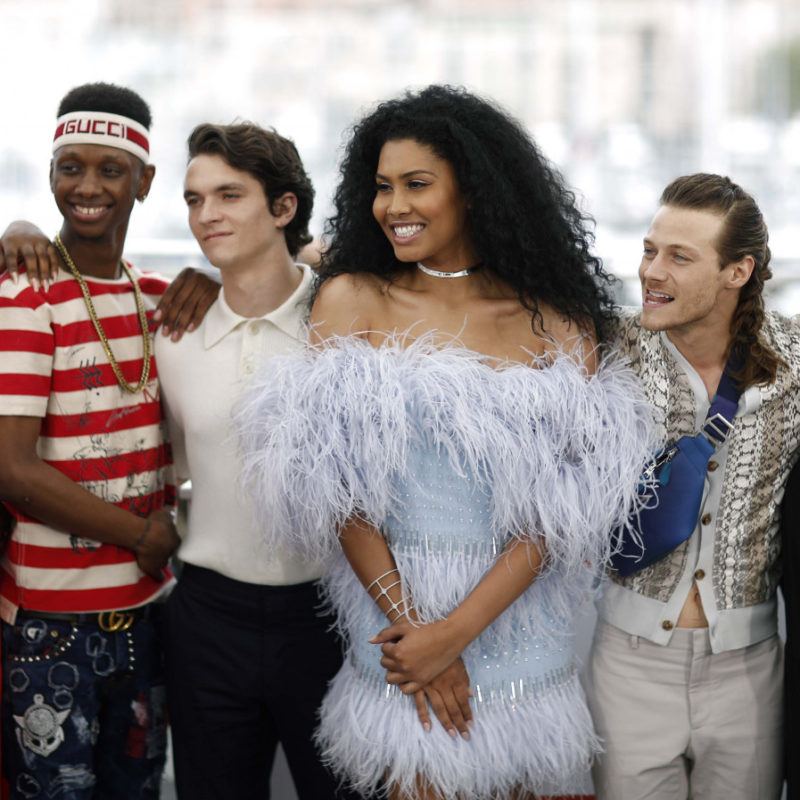
In the wake of popular shows like Pose, Port Authority is a deceptive piece of art that fools the audience into believing this is a film about communities of colour and trans culture. Instead, this is about a white, cis character using a marginalized community he’s unfamiliar with for his personal growth. Centring Paul (Fionn Whitehead), when the group of LGBTQ people he is interacting with is far more fascinating, makes it clear that writer/director Danielle Lessovitz doesn’t quite understand how queer communities of colour connect with the outside world. Port Authority premiered at the 2019 Cannes Film Festival to rave, glowing reviews, but if you look at the majority of people who have reviewed the movie, it will make sense why.
Dir: Danielle Lessovitz, Momentum Pictures/ARP Selection
Additional Sources: Insider, Pride


